
Twitch Imposes Face Scans for UK Users to Comply with Government’s Censorship Law
A new era of streaming begins where every click demands a face, and privacy becomes the price of admission.

A new era of streaming begins where every click demands a face, and privacy becomes the price of admission.

Durov’s freedom to move contrasts with the lingering case that keeps Europe’s battle over digital free speech alive.

Google’s nod to openness feels more like a gated entrance than a genuine return to Android’s freewheeling past.

Rumble’s Northern Data deal turns its free-speech mission into a full-stack tech play, fusing freedom-based ideology with infrastructure.
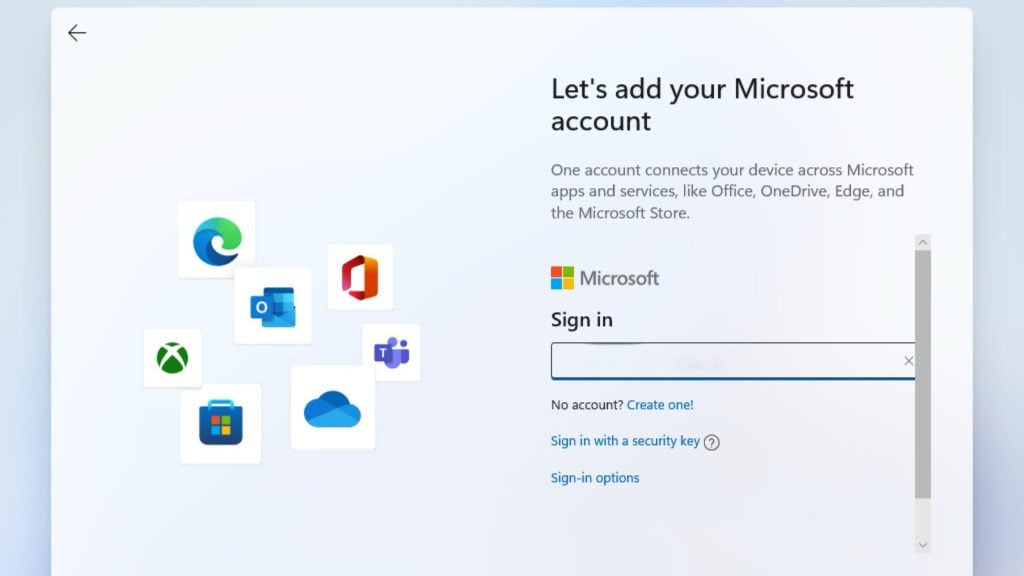
Creators now face an algorithmic judge that deletes their work faster than any human can defend it.

F-Droid warns that Google’s new verification rules could turn Android’s open ecosystem into a gated one controlled by corporate approval.
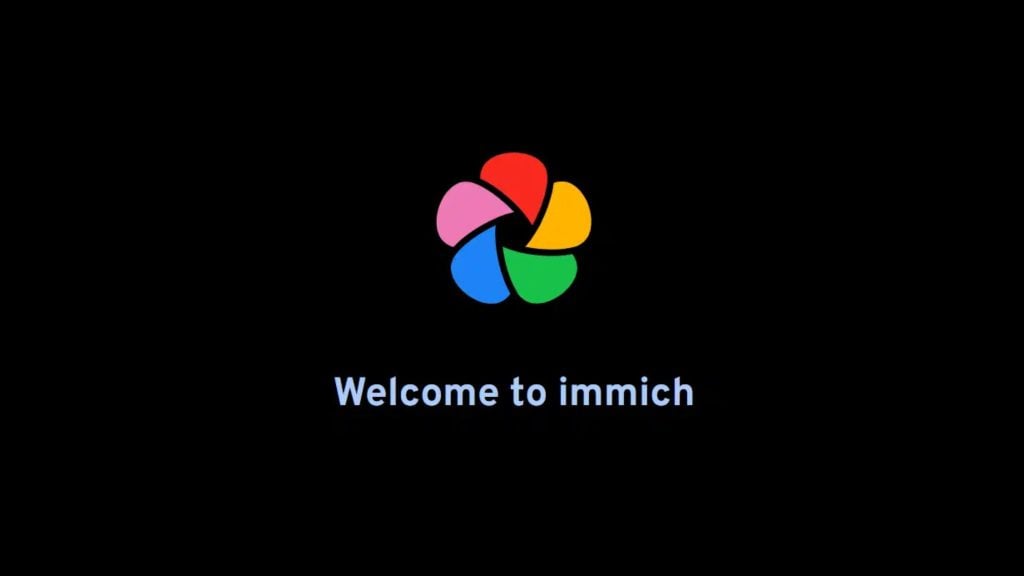
Google’s automated gatekeepers just reminded everyone how fragile digital independence can be when one company guards the web’s front door.
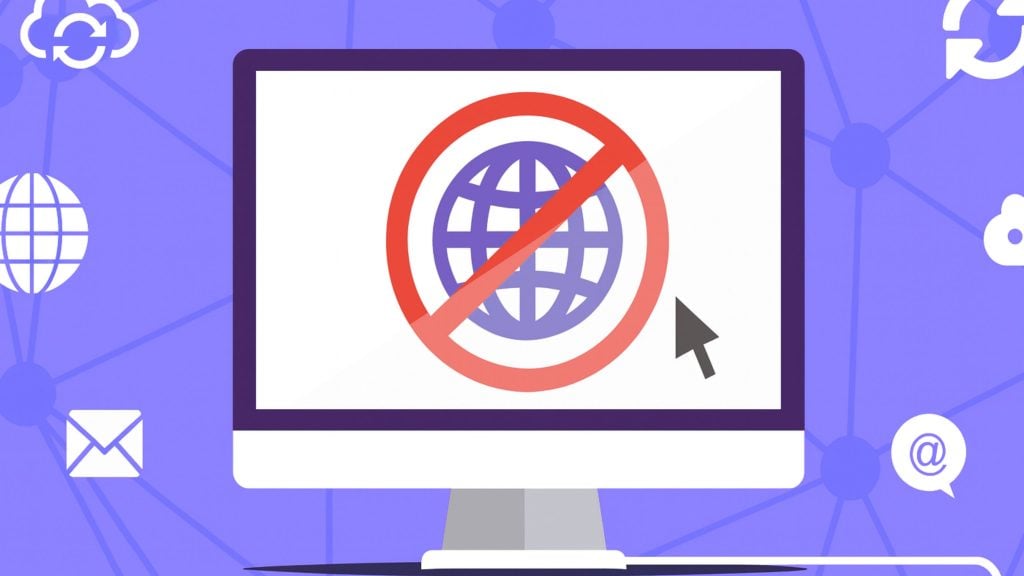
A football league’s crusade to protect its broadcasts has ended up benching an entire nation’s internet.

A privacy-first Android is finally stepping outside Google’s hardware shadow.

The proposed rules would force open-source coders into the role of financial gatekeepers.
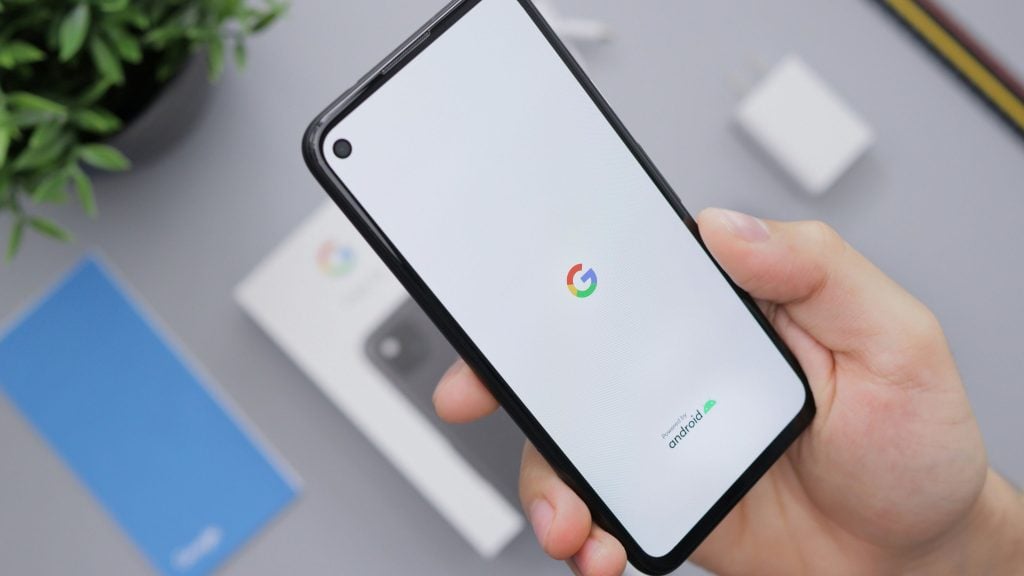
Google shrugs off anonymity concerns with a smirk and a shrug, offering little more than vague reassurances.
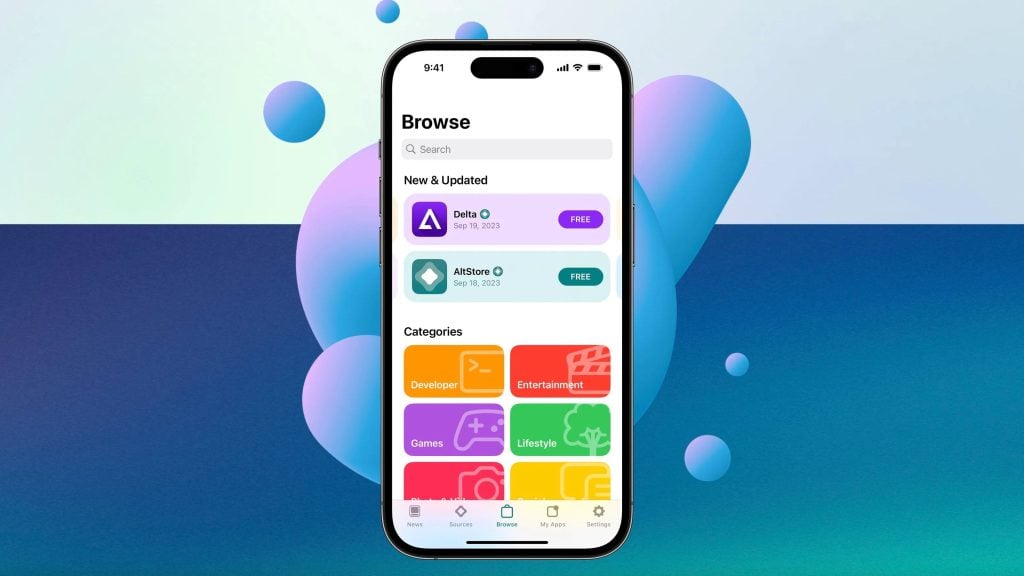
AltStore’s next act is less about beating Apple and more about building its own internet.
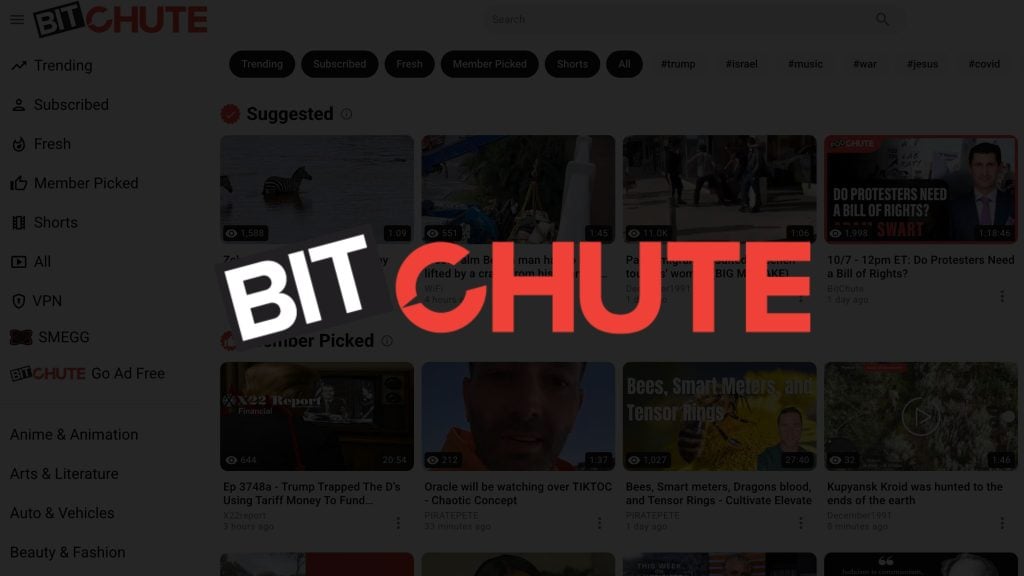
A bid for independence in an online economy increasingly shaped by platform gatekeepers.

In a defiant interview, Durov warns that Europe’s push for surveillance risks normalizing the very authoritarianism it claims to fight.

Growth like this suggests privacy isn’t niche anymore, it’s mainstream.

A crackdown framed as security could erase one of the last open doors left in the Android world.

Proton Mail’s redesign swaps clutter for speed, giving privacy-first email its smoothest mobile experience yet.

A $200,000 ultimatum forced Hack Club to confront the cost of convenience.

Mullvad wraps WireGuard in QUIC to make VPN traffic blend in with normal internet traffic.
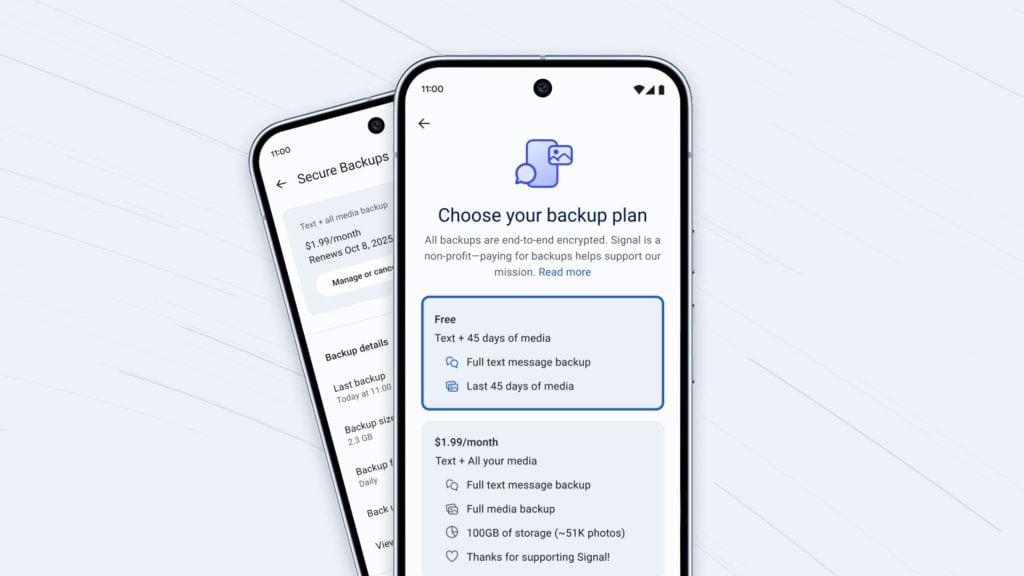
Daily encrypted backups now give users peace of mind without punching holes in Signal’s no-compromise encryption model.

Caught between draconian laws and their commitment to user privacy, Dreamwidth is choosing principle over profit.

A state digital ID law is now meeting the very structure of decentralized internet.

Apple quietly pulled the plug on iTorrent, exposing how fragile the “freedom” of third-party app stores really are.

A single state law just forced one of the internet’s most privacy-focused platforms to choose between its principles and its users.

A new era of streaming begins where every click demands a face, and privacy becomes the price of admission.

Durov’s freedom to move contrasts with the lingering case that keeps Europe’s battle over digital free speech alive.

Google’s nod to openness feels more like a gated entrance than a genuine return to Android’s freewheeling past.

Rumble’s Northern Data deal turns its free-speech mission into a full-stack tech play, fusing freedom-based ideology with infrastructure.

Creators now face an algorithmic judge that deletes their work faster than any human can defend it.

F-Droid warns that Google’s new verification rules could turn Android’s open ecosystem into a gated one controlled by corporate approval.

Google’s automated gatekeepers just reminded everyone how fragile digital independence can be when one company guards the web’s front door.

A football league’s crusade to protect its broadcasts has ended up benching an entire nation’s internet.

A privacy-first Android is finally stepping outside Google’s hardware shadow.

The proposed rules would force open-source coders into the role of financial gatekeepers.

Google shrugs off anonymity concerns with a smirk and a shrug, offering little more than vague reassurances.

AltStore’s next act is less about beating Apple and more about building its own internet.

A bid for independence in an online economy increasingly shaped by platform gatekeepers.

In a defiant interview, Durov warns that Europe’s push for surveillance risks normalizing the very authoritarianism it claims to fight.

Growth like this suggests privacy isn’t niche anymore, it’s mainstream.

A crackdown framed as security could erase one of the last open doors left in the Android world.

Proton Mail’s redesign swaps clutter for speed, giving privacy-first email its smoothest mobile experience yet.

A $200,000 ultimatum forced Hack Club to confront the cost of convenience.

Mullvad wraps WireGuard in QUIC to make VPN traffic blend in with normal internet traffic.

Daily encrypted backups now give users peace of mind without punching holes in Signal’s no-compromise encryption model.

Caught between draconian laws and their commitment to user privacy, Dreamwidth is choosing principle over profit.

A state digital ID law is now meeting the very structure of decentralized internet.

Apple quietly pulled the plug on iTorrent, exposing how fragile the “freedom” of third-party app stores really are.

A single state law just forced one of the internet’s most privacy-focused platforms to choose between its principles and its users.